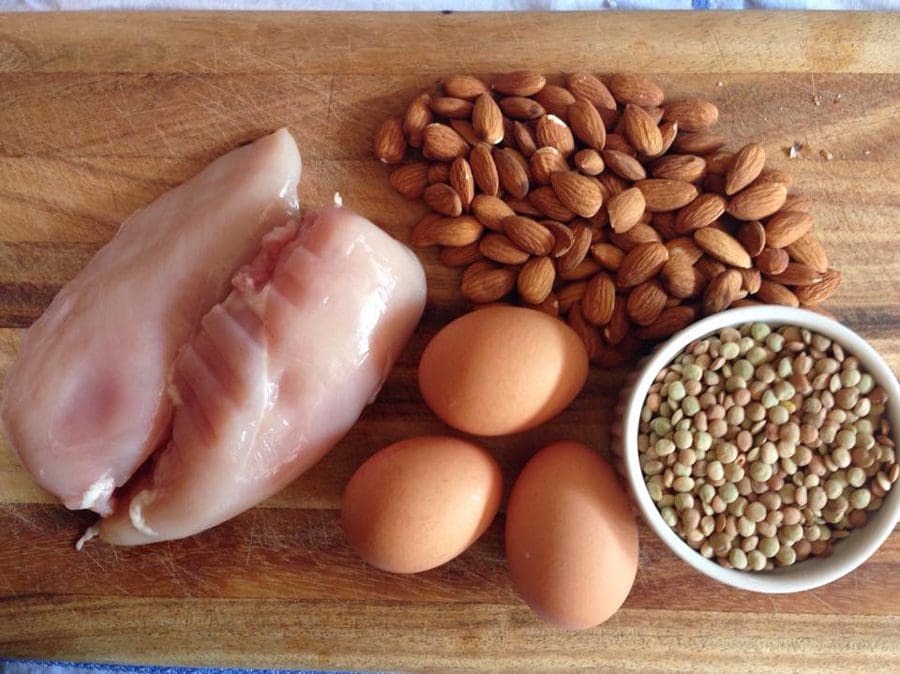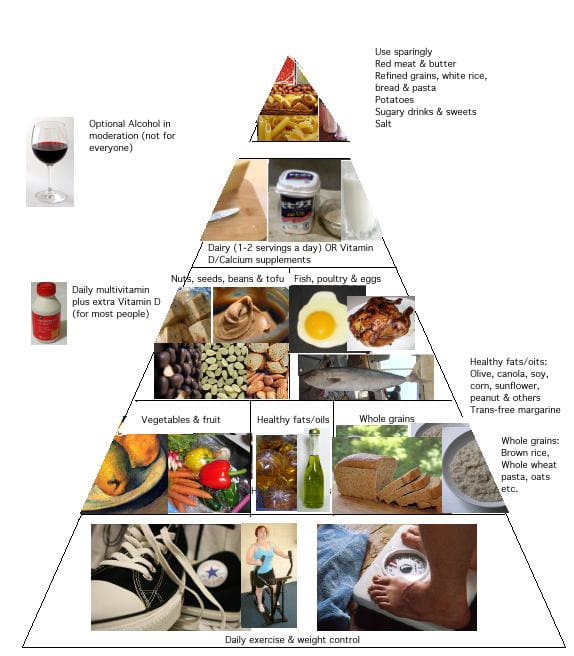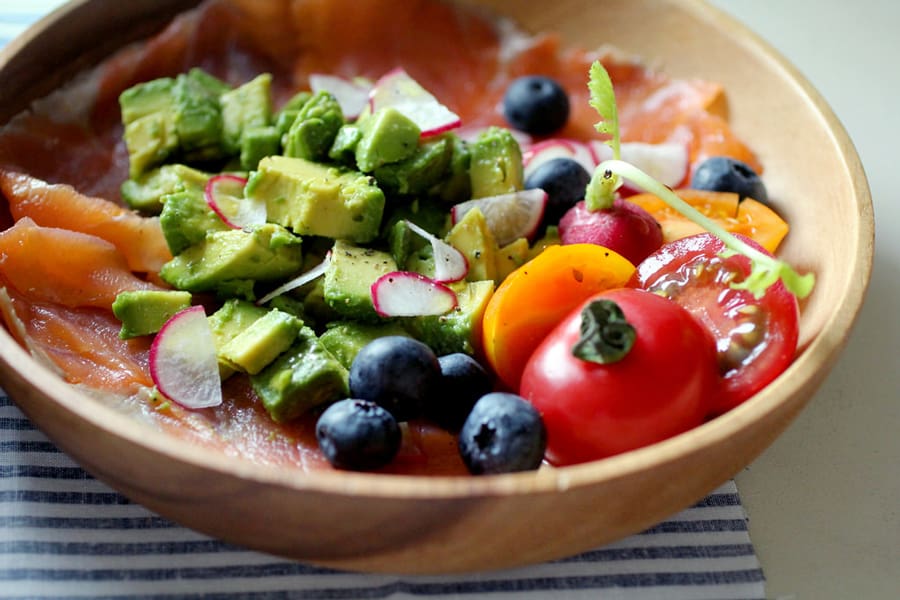In virtually every discussion on diet and nutrition, it is common to find the arguments centered on fats and carbohydrates, while everyone seems to agree that proteins are good and important for health. However, what most people do not know that it is actually possible to lose weight with a high protein diet. Even though eating more seems strange, as far as proteins go, it has been scientifically proven that this is indeed the truth. Some good reasons for you to consider a high-protein diet for better health:

Eating Protein Makes You Feel Less Hungry
Our body is affected by fats, proteins, and carbohydrates in different ways. Various studies have established that proteins can make you feel full for longer than the other two. This effect is largely due to the suppression of ghrelin, a hunger hormone and the boosting of peptide YY, the hormone that regulates satiety. If you are struggling to lose belly fat or weight, you can try and substitute some of the fats and carbohydrates with protein. The process is as simple as including more meat or fish and reducing the amount of rice, bread, and potatoes in your meals.
Protein IncreasesMuscle Strength and Mass
Since proteins are the building blocks of muscles, it stands to reason that more muscle mass can only be built by consuming more protein. Various studies have also established that there is a direct correlation between the amounts of proteins consumed to the mass of the muscle built and muscle strength attained. Bodybuilding and strengthening exercises will be fruitful only if you are consuming the extra protein required by your body. During any activity that causes weight loss, the body is in a catabolic state that can also break down muscles. By including more proteins in your diet you can prevent the weight loss from affecting your muscle mass. According to experts, the quality of the proteins that one consumes is extremely important; check out the website of mybiosource proteins for a wide array of proteins of the highest quality.
Protein Helps to Keep the Bones Better
There is a popular opinion that consuming animal protein in excess builds up the level of acids in the body that in turn leaches the calcium from the bones. However, studies conducted at different times over long periods have actually established that people who consume more animal protein actually tended to have their bones in a better condition than those who are on diets with less protein. People consuming more proteins, especially menopausal women, also tended to suffer less from common age-related bone diseases such as osteoporosis.
Protein Helps Boost Metabolism
Even though metabolism is boosted every time you eat, it has been conclusively established that all foods do not have the same effect on metabolism. Since a high-protein diet will boost the metabolic rate significantly, it is possible for you to burn 80-100 calories more every day just by shifting to a high-protein diet.
Protein Can Reduce Blood Pressure
High blood pressure has been identified as one of the leading causes of heart attacks, brain strokes, and chronic kidney disease. Quite a number of studies, including controlled trials, have established that increased dietary protein intake can lower both the systolic and diastolic blood pressure significantly. A high-protein diet is also seen to have a beneficial effect on triglycerides and LDL cholesterol.

Conclusion
As far as scientific research is concerned consuming a protein-rich diet has a number of beneficial effects. These range from feeling less hungry to increased metabolic rate, better bone health, an increase in muscle strength and mass, and reduction of blood pressure. One does need to be careful to ensure that the increase in proteins in the diet is accompanied by a decrease in carbohydrates and fats; otherwise, the number of total calories consumed will shoot up and lead to the benefits being eroded.
Author bio: Terry Godier is a food and nutrition research scientist associated with a leading producer of antibodies and proteins. A regular writer of common health issues, many of his previous articles may be found on the website of mybiosource proteins.




